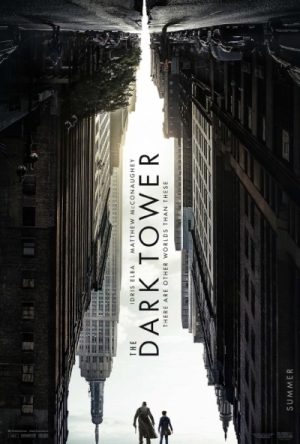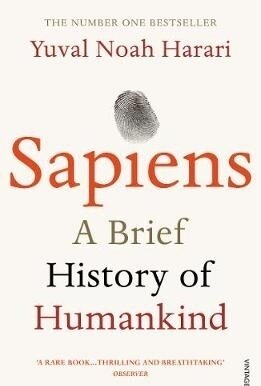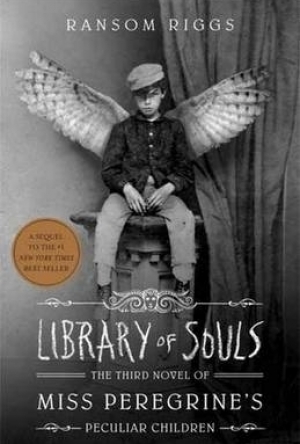Awix (3310 KP) rated The Dark Tower (2017) in Movies
Feb 13, 2018
Given it sets out to adapt a 4000+ page novel series with a devoted following, The Dark Tower was probably always on a hiding to nothing as a single movie aimed at a standalone audience. The disappointing thing is, really, that given it's about a vast multiversal setting filled with elementals and psychics and wizards and gunslingers and suchlike, it feels so timidly safe and familiar. The actual story is competently told, but at the end you really wonder what all the fuss was in aid of. Probably too weird for most newcomers and too short for fans of the books; good soundtrack, though.

Channel Shore: From the White Cliffs to Land's End
Book
The English Channel is the busiest waterway in the world. Ferries steam back and forth, trains...
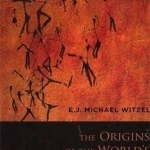
The Origins of the World's Mythologies
Book
In this comprehensive book Michael Witzel persuasively demonstrates the prehistoric origins of most...
BookblogbyCari (345 KP) rated Sapiens: A Brief History of Humankind in Books
Aug 5, 2018
The book is an overview of homo-sapiens as a species, and how we have changed over the ages, and what we have done, before finally touching on where we are going. As such the book is a cross-pollination of history, sociology, and economics.
As you may expect from a book with such a broad scope, there are some sweeping statements, and rather than being a neutral dispassionate account, Harari makes his opinions very evident. However rather than being irritating, I feel this makes for a more entertaining read.
The book begins by introducing the theme of homo-sapiens in the context of the presence of the other human species that used to exist. He then goes on to describe the cognitive and agricultural revolutions. Then it’s the establishment of patriarchal social hierarchies across the world, largely based on historical conventions. Next Harari states that the purpose of religion is to unify fragile societies with superhuman legitimacy.
Harari then moves on to the scientific revolution, describing how an admission of ignorance by Europeans, along with a desire to discover and conquer new lands was key to the movement.
The conversation moves swiftly then to economics, using the fact that a bank can loan £10 for every £1 it has, to argue that our economics is based on trust in the future. Harari states that a country’s credit rating is more important than its actual resources. Harari describes capitalism and consumerism as being 2 sides of the same coin with two commandments: rich must invest, rest of us must buy. Consumerism, he says, aims to convince people that indulgence is good and frugality is self-oppression.
Harari also argues that, now, instead of relying on local communities the individual relies on the market or the state. Parental authority no longer sacred, he says, and state intervenes. And so when Harari asks if we are any happier now than when we were hunter-gatherers, he argues that our rise of wealth is offset by the disintegration of community life.
Harari also speaks of ecological degradation and our tendency to treat other species as a means to an end, for example, the farming of cow's and chickens has cut years off the lives of both, since they are killed as soon as they reach their maximum weight.
In the final chapter, Harari speculates on the future of mankind. With improvements in medical knowledge comes new ethical conundrums, he says. How will we handle the options of genetic engineering? What will the advent of artificial intelligence mean for humanity?
In my book club, we found that the book generated a lot of talking points. What would the world be like now, had the other species of humans survived? Why have so many cultures across history and the world had patriarchal hierarchies? Can societies improve over time, or is one style better than another? Can communism be considered a religion? Are human rights really just a figment of our collective imagination?
Whilst not everyone in my book club enjoyed the book equally, I would say that it’s as enlightening as it is thought provoking. By the end, it was hard to argue with the author's conclusion that homo-sapiens are like dissatisfied and irresponsible gods.
Kaz (232 KP) rated Library of Souls: The Third Novel of Miss Peregrine's Home for Peculiar Children in Books
May 15, 2019
'The Peculiar Children are back in the third installment in the bestselling series of YA novels by Ransom Riggs. Time is running out for the Peculiar Children. With a dangerous madman on the loose, and their beloved Miss Peregrine still in danger, it's up to Jacob Portman to channel his newfound abilities and defeat Caul before he loses his friends--and their world--forever. This action-packed adventure features all-new Peculiar photographs from times and places all over the world.'
I've recently finished reading 'Library of Souls' by Ransom Riggs and I thought that this was the best book in the series. I'm not sure if this book was the last in a trilogy or the new book due to come out, follows on from what happened in 'Library of Souls', but I liked the plot of this novel.
Whilst I enjoyed the other two books, I think with 'Library of Souls', the story really gets going and this book was really well-paced and exciting.
I liked the development of the characters and I also thought that the themes running through the book, about how power use others to gain power for themselves, was thought provoking and mature. The teen romance is the only thing that lets this down slightly throughout the other books, but that element was dealt with well in 'Library of Souls'.
Also I think that the writing style is better in this novel. In the first novel, there were a few times where the writing seemed a bit awkward, but I think 'Library of Souls' is well written and at times, funny. At times, the story mirrored 'Harry Potter', but I still thought that it was still quite original.
I hope the new book continues Jacob's story, but even if that's the last thing we hear of this set of characters, this was a fitting end to their adventures.
My Rating **** 1/2 Stars
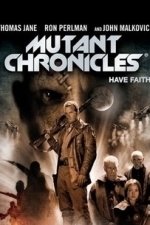
Mutant Chronicles (2008)
Movie
At the end of the Ice Age, The Machine came from outer space with the purpose to change men into...
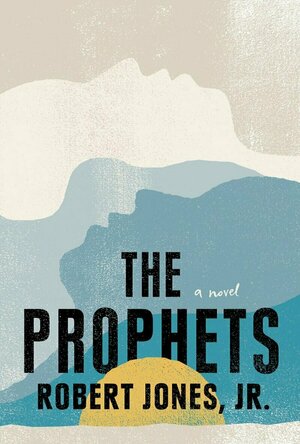
The Prophets
Book
A singular and stunning debut novel about the forbidden union between two enslaved young men on a...
Historical Fiction Literary Fiction
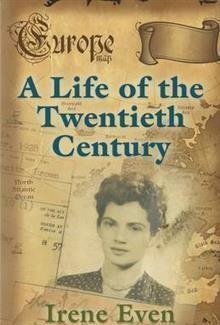
A Life of the Twentieth Century
Book
A Life of the Twentieth Century is the story of Aya, who lived through the loss of her parents...
Fictionalized Autobiography Adult Fiction
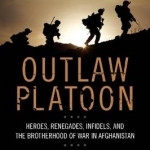
Outlaw Platoon: Heroes, Renegades, Infidels, and the Brotherhood of War in Afghanistan
Book
In this vivid account of the U.S. Army's legendary 10th Mountain Division's heroic stand in the...

Shadowlands: The True Story of C S Lewis and Joy Davidman
Book
'We feasted on love, every mode of it - solemn and merry, romantic and realistic, sometimes as...
